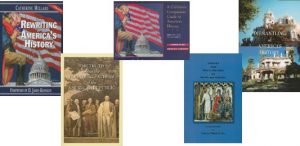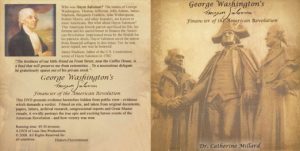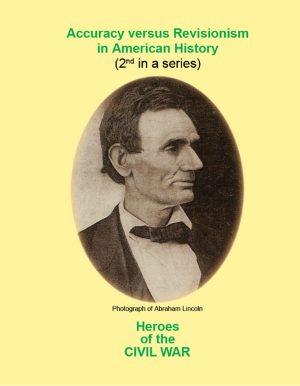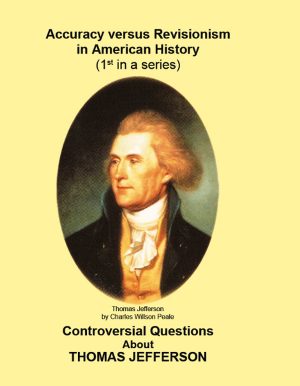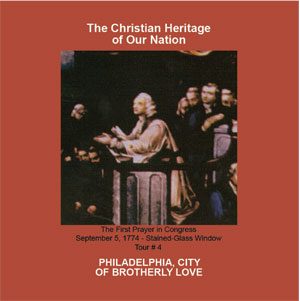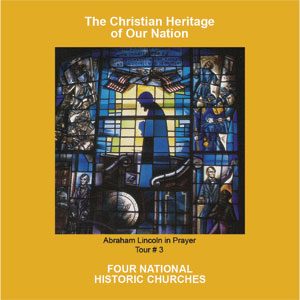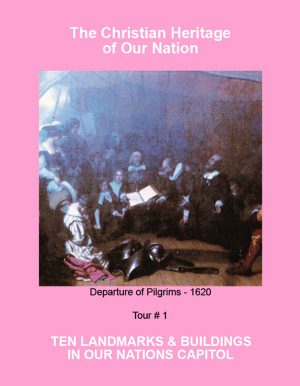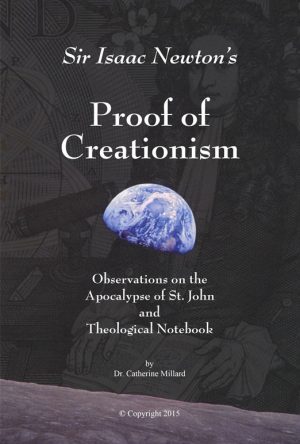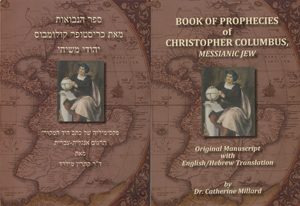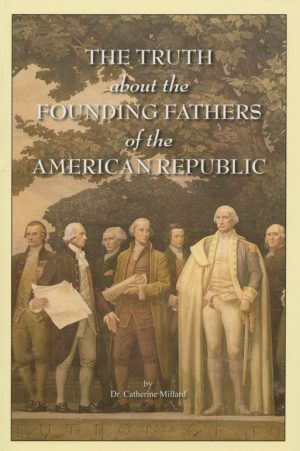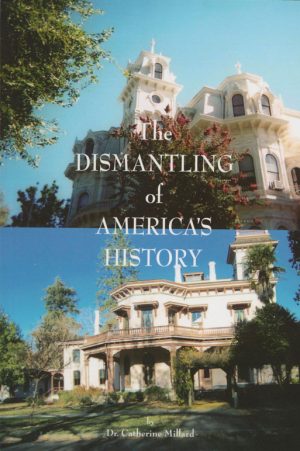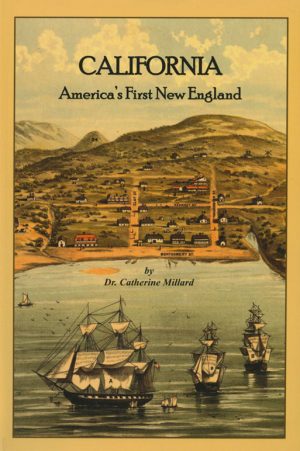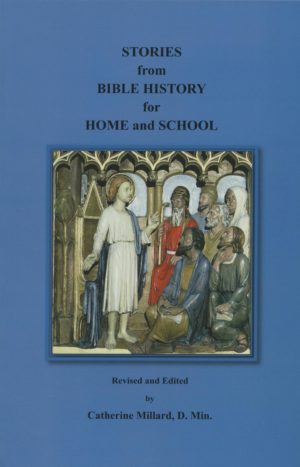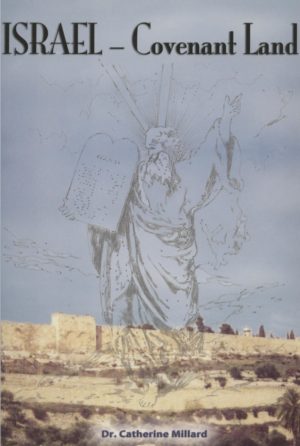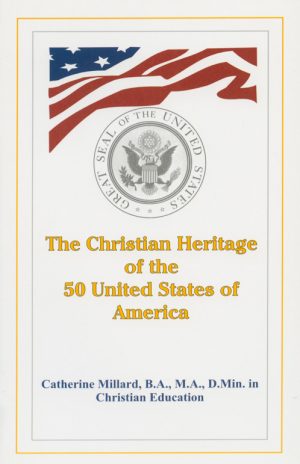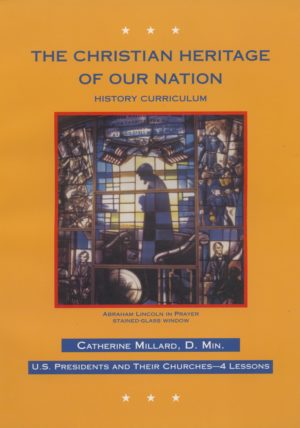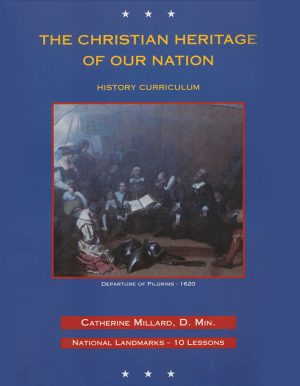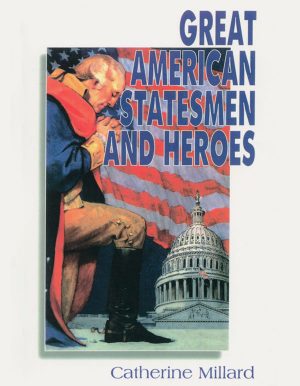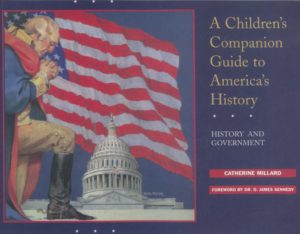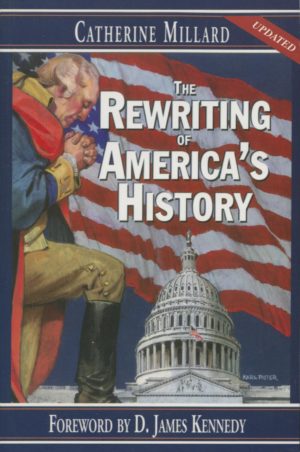Being the first graduate of Benjamin Franklin’s College of Philadelphia, what musical or literary contributions to colonial America did Francis Hopkinson publish?
Francis Hopkinson was an accomplished musician, artist and writer. In 1763, this talented twenty-five-year-old lawyer published a unique book on the importance of the use of Organs in the public worship of God. It is hereunder reprinted:
Of the
Lawfulness, Excellency and Advantage
of
INSTRUMENTAL MUSIC,
In the Public Worship of God,
But chiefly of
ORGANS.
by
Francis Hopkinson
“There are thousands in the world of so dull, stupid, morose and sullen a make, as not to consider that every man who denies the propriety of every kind of cheerfulness, every kind of vocal music, or praise of the Supreme Being. But it is certain they may as well deny one as the other, as they are almost all one; therefore I would have the reader observe, that when I go to prove the lawfulness and advantage of an organ in Christian churches, I shall generally use such argument, as seem at first view only to prove the necessity or lawfulness of praising God; but keeping in mind the foregoing observation, they will be plain arguments in favour of an Organ. Proceed we now to prove the great use of Organs from the Scriptures:
It appears in Genesis 4:21, that Jubal, the pious descendant of a pious father, was an Organ-maker by trade; as so good a man was doubtless immediately directed and assisted by the Holy Ghost, it follows that Organs should be used in churches. – This good man certainly invented Organs to excite devotion in his soul, for it would not seem that he had much devotion without his Organ, as we are told that the family had “gone out from the presence of the Lord.” I might strengthen this argument, by asserting that Noah was also an Organ-maker: For having proved that Jubal did invent the identical instrument now called an Organ, the invention would have been lost, unless Noah had either learned the trade, or else taken an Organ into the ark with him; in either case it is plain that he often played upon it, which by the way is a strong argument in favour of Organ worship.
Job tells us that at the creation the morning stars sang together. Is it not plain from hence, that Christians should have Organs. There is something in poetry and music admirably fitted to Divine praise, and no doubt but our first parents before temples were built, or the inventions of art had engaged the attention, often praised God in unpremeditated strains; doubtless they had an Organ in the churches, – else their praises were little worth. When Solomon dedicated the temple, during the ceremonious bondage of the Jews, whom it was necessary to entertain with external pomp, he employed many singers and much instrumental music, as cymbals, trumpets, etc., therefore a man must be more ignorant than a child, if he cannot see from this the propriety of having Organs in our churches, now under the pure and spiritual dispensation of the Gospel. The psalmist commands to rejoice in the Lord and be glad,* and the Philippians are three times commanded by the Apostle to rejoice in the Lord.** – This is a plain proof for Organ worship, even under the Gospel dispensation.
It is generally allowed that the Devil should be banished from all places of public worship, and it is plain that an Organ is the most popular thing to affright him with, – which I shall thus prove. – When an evil spirit possessed Saul, David played with a HARP before him, and the evil spirit departed, hence it is plain, that he cannot endure the sound of an Organ.
I have just recollected one other proof of the power of music. Some time ago, as I was riding, by night, a woman mounted behind me; – my horse, knowing her to be a witch, fell into a dreadful sweat; I chanced to have a Jews-harp by me, which I pulled out and play’d her a tune. Immediately she departed, to the great satisfaction of my horse. Such is the power of music to banish the devil.
Do not these three last arguments make it as plain as any demonstration, that an Organ is a kind of Devil-frighter? For you see that he hates the sound of it. What reason can be given why the Trustees of the Colleges in this and the adjacent province have taken so much pains to praise Organs for their respective Colleges, but because they well knew that this instrument is the most powerful exorcist. –
The Reverend Gilbert Tennent allows that the churches of England and Scotland agree in doctrinal articles or in essentials; he also says that churches should be decently ornamented: from this it is plain as the nose on a man’s face, that they all agree to have an Organ, which is certainly a doctrinal article and decent ornament into the boot.
It is certain that places of public worship have a natural aptness to strike the mind with devout thoughts: – therefore all those places should have an Organ in them.
Most Christians agree that it is their duty to praise God with voice of melody. – Now I am certain that an Organ has the most melodious voice; therefore they should, above all kinds of praise, take care to get an Organ….
Since my first edition was published, I have also thought of another objection that will be made by such as are not ready at drawing conclusions, when the premises only are laid down. – Some will say – If the praise of a devout Christian can only ascend to the Divine ear, by the blast of an Organ, how shall poor people be saved who are not able to purchase such an instrument? The Jews did all worship at the Temple – but Christians are to worship at any place, and often can get no Organ. What shall they do?…
If you cannot buy an Organ, get a Trumpet…Or you may buy a Strim-stram, or a Dulcimer, or a Flute. If more frugality be necessary, get a Jews-harp. That is the truest piece of antiquity; we are more certain of its being used by the Jews, than of any other instrument of music that we now possess – for you know it is by way of distinction called the Jew’s-harp. Considering this music is so cheap, you will be inexcusable if you do not get it, not only in your churches, but also your private families.
If you want occular demonstration of the lawfulness and goodness of an Organ, I would advise you to go to St. Paul’s Church; there you will find, especially in the evening, a collection of all the pious young people in town, who, besides the certainty of hearing a powerful Preacher, have no other view in coming there, than to hear a tune played on the Organ, and their great devotion is always manifested by their grave deportment…
P.S. I should be guilty of an unpardonable neglect, were I not to mention how much the public is indebted to those worthy gentlemen that have liberally bestowed or lent Organs to our Colleges or Churches. Great will be the reformation of our lives, seeing the Devil will be banished from those numerous and august assemblies. And as we have an organ-builder in this city, may we not hope in time that the morals of our citizens will be as pure as those in London, or Paris, or Rome, or even those of the Jews in our Saviour’s time, while they enjoyed the great Organ, and all other musical instruments that were in the Temple.
Mrs. William Dunlap generously bestowed an Organ to the Church of St. Paul’s.
Mr. Fireing, Organ-builder, lives a little above Pool’s Bridge, in the Northern Liberties.”1
To learn more, click here.
___________________________
Bibliography:
*
Psalm 32:11
**
Philippians 1:26; 2:17,18.
1
Hopkinson, Francis. Of the Lawfulness, Excellency and Advantage of Instrumental Music, in the Public Worship of God, but Chiefly of Organs. Philadelphia: Printed by Andrew Steuart, and sold at his Printing Office, at the Bible-in-Heart, in Second Street, 1763. Library of Congress, Rare Book Collection.
